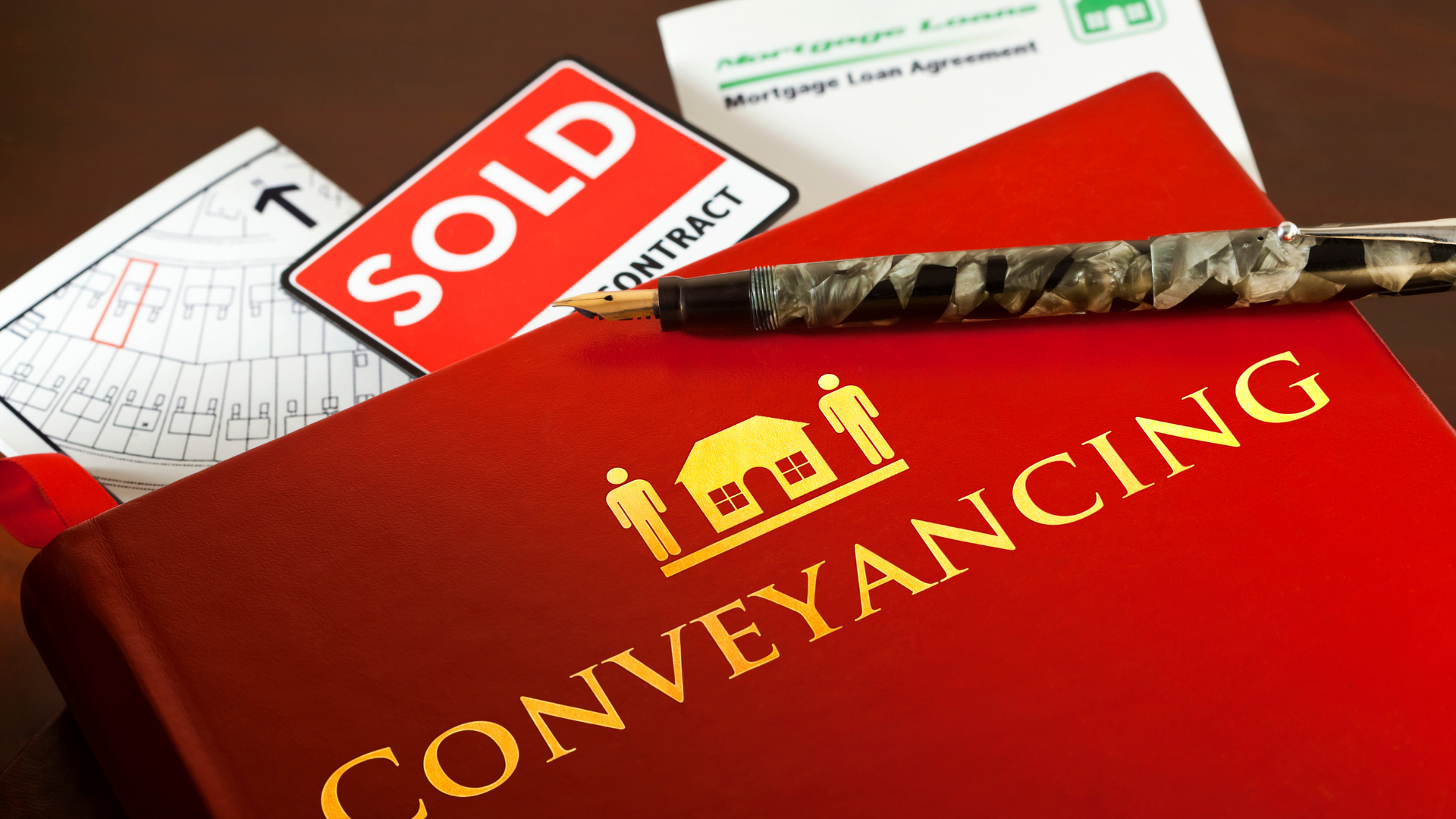Q: I have received a demand for rent, but my property is not leasehold. How can this be?
Most people will be familiar with the idea that if their property is leasehold, the lease often obliges payment of a relatively small amount (anything from a couple of pounds per year up to two or three hundred pounds for more recent leases). This type of rent is sometimes referred to as ground rent. However, some freehold properties also contain an obligation to pay a small amount per year via something called a rentcharge (sometimes referred to as chief rent).
Q: How long do I have to pay this rentcharge?
Since the Rentcharge Act was passed in 1977, no further rentcharges of this type have been capable of creation. It also dictated that existing rentcharges will only be enforceable for a further 60 years. Therefore from 2037 these rentcharges will become obsolete.
Q: If the rentcharge is only a few pounds per year, surely it wouldn’t matter much if I don’t pay it?
Unfortunately, this is not that case. Despite the small amounts due under these rentcharges, the persons entitled to these sums have surprisingly draconian legal powers to claim arrears. This can include in some cases the power to register a 99-year lease in their favour to secure the debt against your freehold title. Of course, when the arrears are paid (only 6 years’ worth of arrears can be claimed) the rentcharge holder will be obliged to remove their lease, but it is very likely that their legal costs which will be added to the debt will run into several hundred pounds.
Q: Am I able to bring this rentcharge to an end before 2037?
The answer is yes. There are 2 ways to do this. The first method involves asking the rentcharge holder how much they will charge to release the rentcharge. The rentcharge holder will on receipt of this sum, execute a deed to release your property from any further obligations. This deed can be registered at HM Land Registry who will note on your freehold title that the rentcharge has been redeemed.
The second method involves making an application to the Ministry of Housing, who will calculate the amount required to redeem the rentcharge under the 1977 Act and will liaise with your rentcharge owner on your behalf. Once you make the payment of the specified amount to the rentcharge owner and confirm to them, the Ministry will issue a certificate of redemption, which again, can be lodged with HM Land Registry to update your title.
Key Points
- Always pay your rentcharge and ask for a receipt if possible.
- If you are offered a quote to redeem from your rentcharge owner, bear in mind there is only another 16 years’ worth that could be collected.
- If the quote seems high, consider the alternative route to redeem via the Ministry of Housing rentcharge department.
- If you are not sure whether demand is genuine or have any other questions about rentcharges, contact our Property team for advice.
Colin Bethell, Head of Conveyancing.

